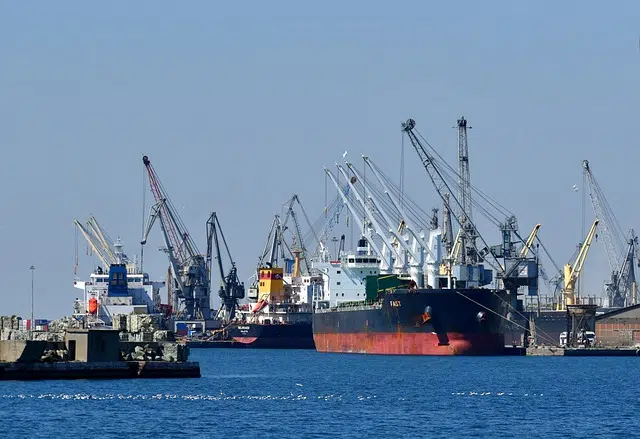
A decentralized organization is a state entity that is not hierarchically dependent on the central government and has a certain autonomy.
Organism is a term whose etymological origin is found in Greek. And it is the result of the sum of two components of said language:
• The noun «organon», which is synonymous with «instrument».
• The suffix “-ism”, which can be translated as “system” or “activity”.
Among the different meanings of organism , today we are interested in highlighting the one that associates the term with an organization or an entity that is composed of different units.
Decentralizing , for its part, is the action that consists of transferring certain services or functions that a general power developed to other delegations. The term is frequent within the structure of the State .
What is a decentralized organization
A decentralized body , therefore, is one that does not depend hierarchically on the central government and that has certain autonomous powers and powers, although it functions under the state orbit.
Said body may have been created by a decree of the Executive Branch or at the initiative of Congress , functioning even, although not in all cases, with public resources derived directly from the central administration .

It is common for ports to be managed by decentralized organizations.
Most important features
In order to better understand the meaning and essence of decentralized organizations, it is necessary to know in depth some of their main hallmarks. Among these are the following:
• At all times they are created under what would be the umbrella of a legislative act.
• They have their own legal personality.
• They have a network of offices and dependencies of various kinds.
• They have an internal administrative structure as well as the relevant administrative and representative bodies that are necessary for the development of their functions.
• They have personality, activity, object and, of course, heritage.
• Specifically, it is established that decentralized organizations are launched for three different objectives or missions: to provide a social or public service, to undertake strategies related to strategic areas or to apply resources for assistance purposes.
• It is important to emphasize, in addition to everything stated above, that, although these organizations have their autonomy, this does not prevent them from being subject to the surveillance or control of what is the Central Public Administration.
Administration and purpose of a decentralized organization
In the case of Spain, for example, there are numerous decentralized organizations that exist. However, all of these are monitored by what would be the umbrella of legislation and regulations regarding municipal, regional or state transparency.
Typically, decentralized organizations manage their resources independently, with a specific legal status . In this way, its existence contributes to democratizing the State.
Decentralized organizations can have different purposes. There are countries that have chosen to create decentralized organizations to manage their ports and airports, to manage state-owned media, and to develop road infrastructure, to name a few possibilities.
Although, in theory, a decentralized organization enjoys a certain independence and brings the government closer to the citizens, reality shows that this type of entity is often limited to being another office of the authorities in power, which direct them according to their interests. There have even been cases of corruption in several nations linked to the irregular allocation of funds to these organizations.
